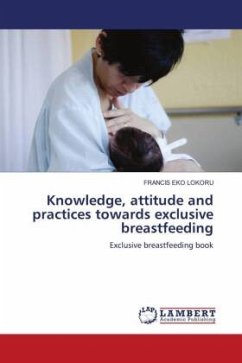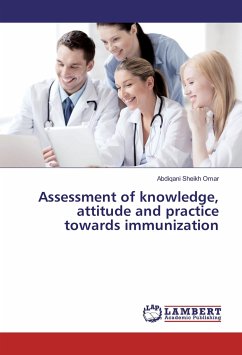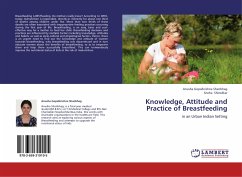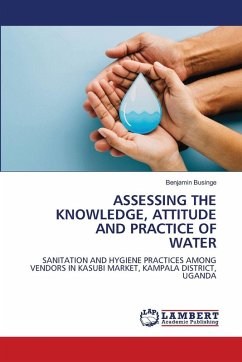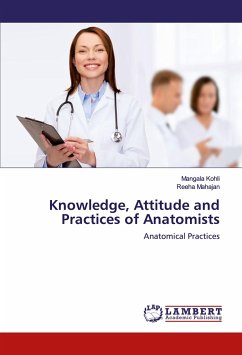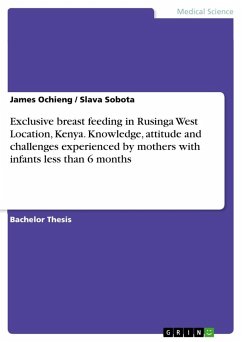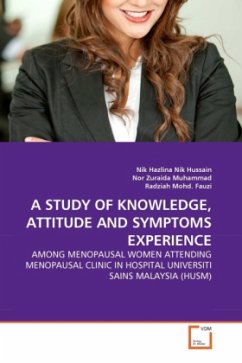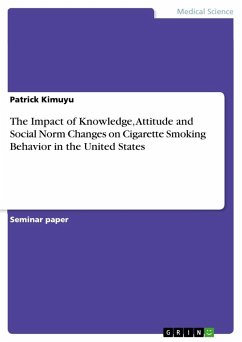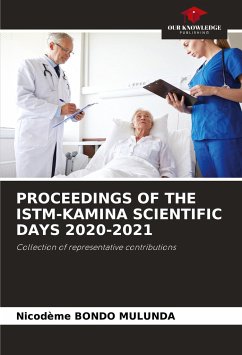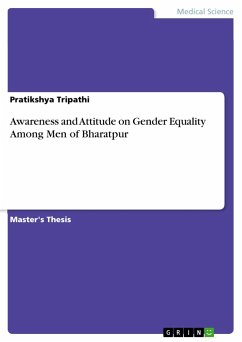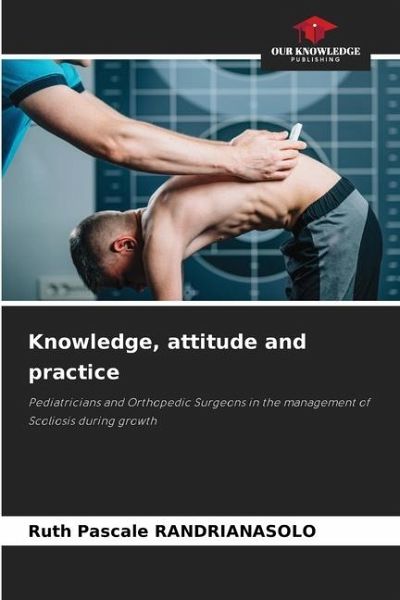
Knowledge, attitude and practice
Pediatricians and Orthopedic Surgeons in the management of Scoliosis during growth
Versandkostenfrei!
Versandfertig in 6-10 Tagen
45,99 €
inkl. MwSt.

PAYBACK Punkte
23 °P sammeln!
The risks of evolution and repercussions of scoliosis in adulthood make screening, treatment and follow-up imperatives that should not be underestimated. The aim of this study was to describe the knowledge, attitudes and practices of pediatricians and orthopedic surgeons in Antananarivo regarding idiopathic scoliosis. The study was an observational, descriptive and analytical, multicentre, questionnaire-based study. The ages given to initiate screening were for infantile scoliosis (63% of pediatricians; 33.33% of surgeons). Pediatricians recommended annual screening before (N=15; 45.45%) and d...
The risks of evolution and repercussions of scoliosis in adulthood make screening, treatment and follow-up imperatives that should not be underestimated. The aim of this study was to describe the knowledge, attitudes and practices of pediatricians and orthopedic surgeons in Antananarivo regarding idiopathic scoliosis. The study was an observational, descriptive and analytical, multicentre, questionnaire-based study. The ages given to initiate screening were for infantile scoliosis (63% of pediatricians; 33.33% of surgeons). Pediatricians recommended annual screening before (N=15; 45.45%) and during puberty (N=21; 63.63%); half-yearly screening before (N=10; 47.61%) and annually during puberty (N=12; 57.14%) for surgeons. There was a lack of precision as to which X-ray should be prescribed to confirm the diagnosis. Only 10 pediatricians and 3 surgeons would refer the child to Physical and Rehabilitation Medicine (PRM) as soon as the diagnosis was made. Six pediatricians and two surgeons recommended never stopping follow-up. Their level of knowledge, attitude and practice on the subject was classified as "low" (mean=10.11 points/42).



